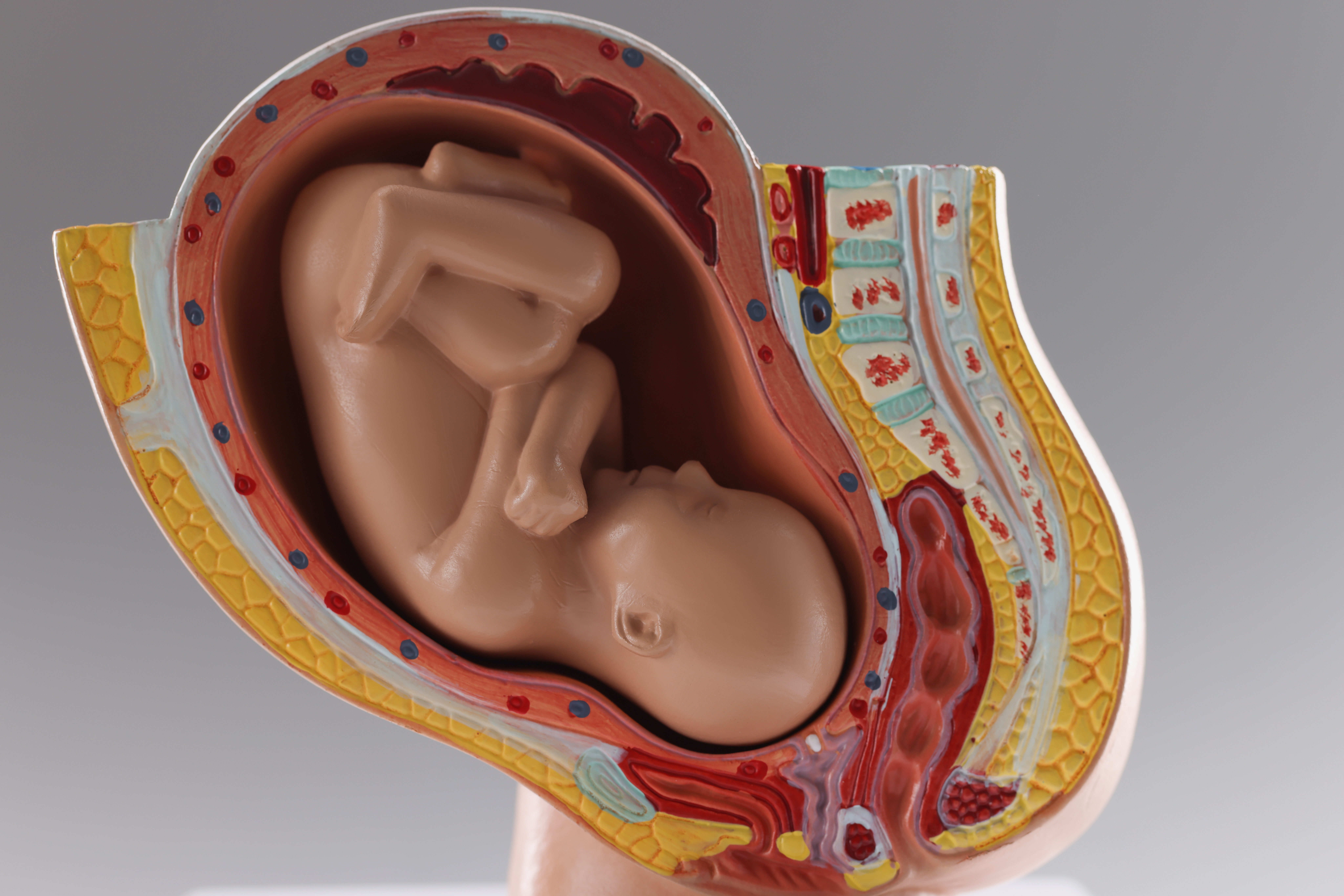What is Amniocentesis?
Amniocentesis is a medical test done during pregnancy. In this test, a doctor takes a small amount of amniotic fluid from the womb. This fluid surrounds the baby and contains important information. Many parents want to know what to expect during amniocentesis. The test can help find certain health problems in the baby before birth.
Why is Amniocentesis Performed?
Doctors may suggest amniocentesis for several reasons. For example, it can help check for genetic conditions like Down syndrome. Sometimes, it is done if a screening test shows a higher risk for birth defects. In addition, amniocentesis can check for infections or other health issues in the baby. Here are some common reasons for this test:
According to the CDC, amniocentesis is usually offered between 15 and 20 weeks of pregnancy.
How is Amniocentesis Done?
First, the doctor will explain the amniocentesis procedure. Next, you will lie on an exam table. The doctor uses an ultrasound to find the best spot. Then, a thin needle is gently inserted through your belly into the womb. A small amount of amniotic fluid is taken out. The whole process usually takes less than 30 minutes. Most women feel only mild discomfort, like a pinch or cramp.
Benefits and Risks of Amniocentesis
Amniocentesis has both benefits and risks. On the positive side, it gives clear answers about your baby’s health. This can help you and your doctor make important choices. However, there are some risks to consider. For example, there is a small chance of miscarriage. The risk is less than 1 in 300, according to the American College of Obstetricians and Gynecologists (ACOG). Other rare risks include infection, bleeding, or injury to the baby. Your doctor will discuss these risks and benefits with you before the test.
Preparation and Aftercare
Before the test, your doctor will give you instructions. Usually, you do not need to fast or change your routine. However, you should tell your doctor about any medicines you take. After the test, you may feel mild cramps or see a small spot of blood. Most women can go home the same day. It is important to rest for a few hours. If you have heavy bleeding, fever, or severe pain, call your doctor right away.
Frequently Asked Questions (FAQs)
When to Consult a Fetal Medicine Specialist
If your doctor suggests amniocentesis, it is wise to speak with a fetal medicine specialist. These experts can answer your questions and explain the risks and benefits. They can also help you decide if the test is right for you. If you have concerns about your pregnancy or test results, do not wait. Instead, reach out to a specialist for advice.
For personalized advice about amniocentesis, consult a fetal medicine specialist.

